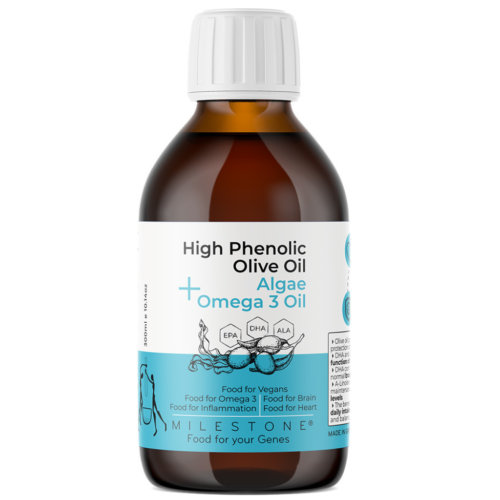- Getting Started
-
by k.mammasis
Yes, consuming medical olive oil may have a beneficial effect on your blood pressure. Common olive oil does not bring any benefits in this field.
The best high-phenolic olive oil for blood pressure
Research has shown that diets rich in polyphenolic olive oil, particularly those that are part of a Mediterranean-style diet, may help lower hypertension. This may be due to the high levels of polyphenols, which are natural compounds with antioxidant properties that can help protect the cardiovascular system. More specifically, a compound named “elenolide” with anti-hypertensive properties was recently discovered in Milestone Olive Oil. Our medical-grade olive oil was chosen among thousands of samples for its very high concentration in this specific compound, among others.

Blood-pressure and high-phenolic olive oil
In a 2017 study published in the Journal of Medicinal Food, researchers found that a product containing elenolic acid and oleuropein (two compounds found in olive leaves) was effective at lowering blood pressure in individuals with hypertension. The study participants took the supplement for eight weeks and experienced a significant reduction in both systolic and diastolic blood pressure.
A 2011 study published in the American Journal of Hypertension found that individuals with high blood pressure who consumed high-phenolic olive oil daily for four months experienced a significant decrease in their systolic and diastolic blood pressure compared to those who consumed a low-fat diet. Another study published in 2015 in the Journal of Nutrition found that consuming high-phenolic olive oil as part of a Mediterranean-style diet reduced the risk of hypertension in women by 26%.
Finally, in another recent randomized, controlled, cross-over study in the Journal of Nutrients examined the effect of high polyphenol extra virgin olive oil on hypertension and arterial stiffness in healthy Australian adults. A significant decrease in peripheral and central systolic blood pressure was observed after high-phenolic olive oil consumption.















